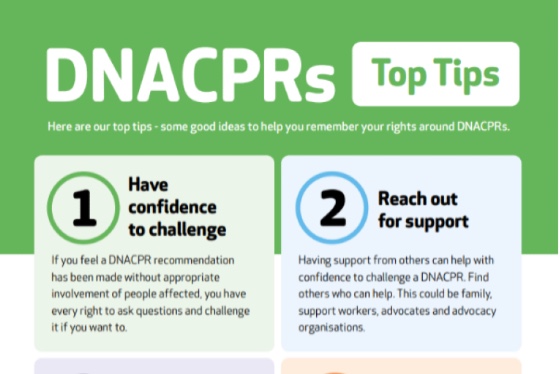A third-year nursing student at Aston University, has written a paper outlining the health inequalities faced by people with learning difficulties and suggesting achievable ways to mitigate the problems.
In the UK, there are thought to be around 1.5m people with learning difficulties with varying levels of need, ranging from people who are fairly independent to those who require constant care.
Figures show that the life expectancy of people with learning disabilities, on average, is 20 years shorter than the general population, and a study in 2022 found that the number of deaths classed as ‘avoidable’ in people with learning disabilities was double that of the general population.
In the research paper, published in Nursing Times, Megan Pritchard identifies a number of barriers to accessing care that could be responsible. This includes communication challenges, for example for non-verbal patients, reduced health literacy and the use of medical jargon which may not be understood, physical accessibility barriers, such as limited access for wheelchairs in some hospitals, negative attitudes from staff with little understanding of ‘challenging’ behaviours, and a lack of advocacy.
Pritchard summarises a number of ways to address this issue, focussed on patients and staff.
Patients with learning disabilities need much more personal healthcare experiences due to their differing needs. One example is to find out how the patient communicates, whether verbal or non-verbal, and provide communication aids, such as pictures and symbols, easy-to-read information leaflets in plain English, or the use of sign language and Makaton.
Patients could carry a ‘hospital passport’ setting out their communication needs, likes, dislikes and reasonable adjustments. Patients with learning disabilities may also need longer appointments.
More hospitals should make use of specially trained learning disability liaison nurses, who can identify specific care needs and demonstrate how to communicate effectively and compassionately.
Pritchard also says that more staff training is vital. Some learning disability training is now mandatory, following the introduction in 2022 of the Oliver McGowan Mandatory Training on Learning Disability and Autism. Introduced following the ‘avoidable’ death of Oliver McGowan, an 18-year-old with autism and learning disabilities who died in 2016 after a bad reaction to medication for epileptic seizures, this aims to ensure the health workforce has the knowledge to provide informed and safe care to patients with autism and learning difficulties.
Aston University is part of a project in the UK to implement this training across healthcare programmes, including Nursing, Pharmacy and Optometry.
Pritchard said: “I’m so happy and proud to have my work published in the Nursing Times! As a student nurse, seeing my writing recognised in such a respected publication is an incredible achievement. This experience has really strengthened my motivation to keep learning and growing as I continue to develop on my nursing journey. I’m so grateful for the ongoing support, encouragement, and guidance from my nursing lecturers who continually inspire me to grow both personally and professionally.”
Pritchard’s article was supported for publication by Dr Jayne Murphy, associate professorial teaching fellow in adult nursing at Aston University.
Dr Murphy said: “Megan produced an excellent piece of work on health inequalities for people with learning disabilities and autism, and we encouraged her to explore publication of this work. The Nursing Times is known for its high-quality articles, and is beneficial for nurses at all career stages, including students, helping them stay updated with evidence-based practice.
“Publishing in a popular nursing journal brings great satisfaction because it illustrates how you have contributed to the profession. We are so proud of Megan for being the first Aston University nursing student to have her work published and we hope that she inspires other students to consider publishing in the future.”
Visit www.nursingtimes.net/learning-disabilities/improving-health-inequalities-in-the-learning-disability-community-01-10-2025/ to read the full paper.
Image Credit: Aston University







